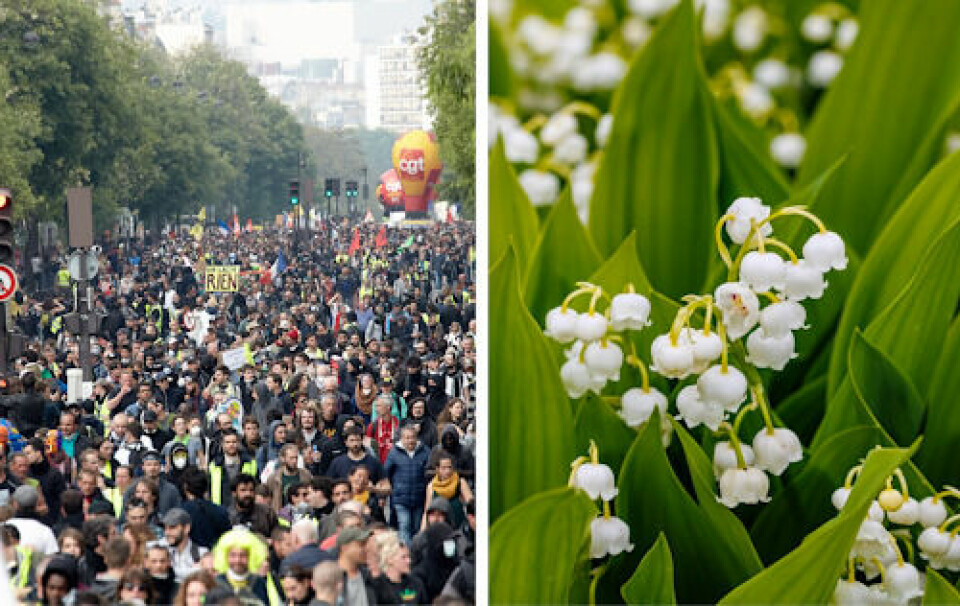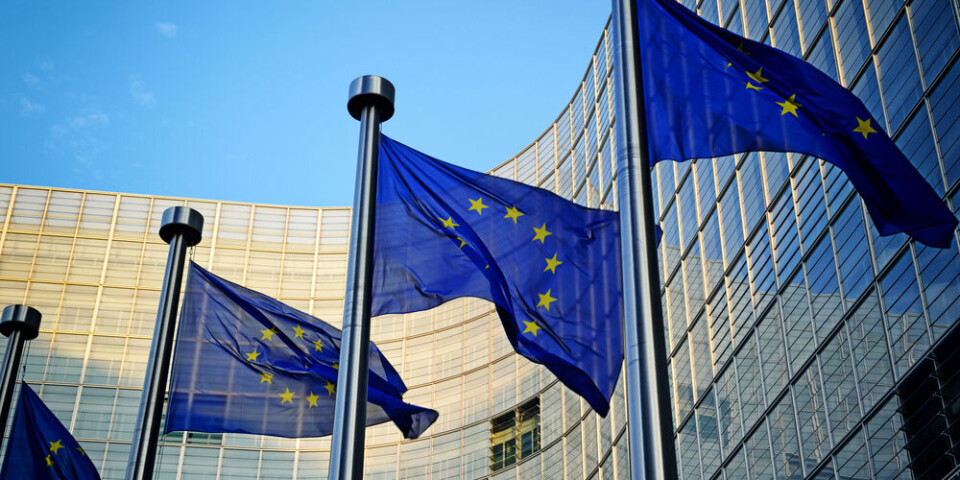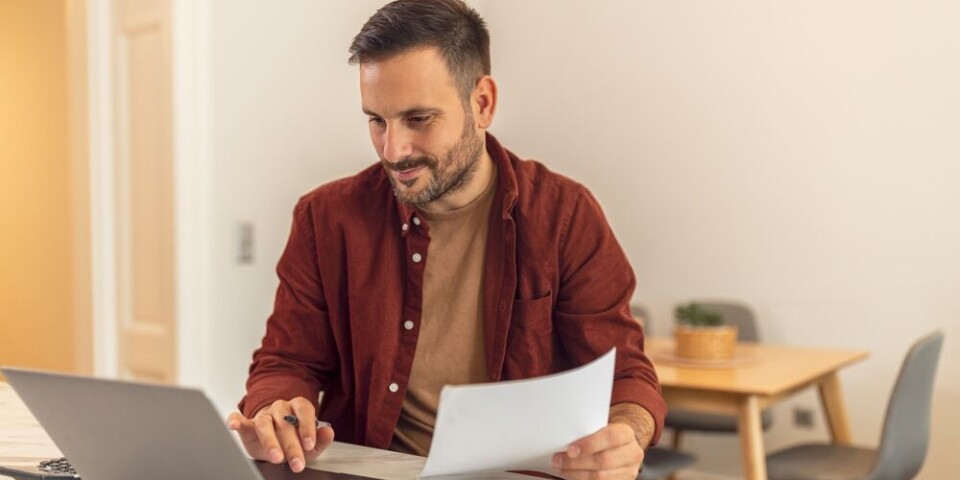-
What are the jobs you cannot do in France with ‘auto-entrepreneur’ status?
The status offers tax and administrative advantages, but has strict rules about the professions allowed
-
From Cézanne to the Césars: four French art and culture recommendations
Impressionist masterpieces in Aix-en-Provence, a stylish Louvre exhibition, and a crime series to watch
-
VAT on small businesses: French MPs call for no reduction in threshold
Plans to lower the threshold to €25,000 would hurt micro-entrepreneurs and ‘massively destroy activity and wealth’ say critics
Artists learn how to earn at business classes
Les Réalisateurs business incubator links art and the commercial world, opening up both to new ideas

A NEW business incubator in Paris aims to ensure artists no longer starve in their garrets, but can, instead, make a living from their work.
Founded by artist Fabrice Hyber and backed by the Beaux-Arts school and Audencia Business School in Nantes, Les Réalisateurs opened in 2013, aiming to create a growing breed of ‘artropreneurs’.
The artists chosen this year worked in both Nantes and at Mr Hyber’s workshop in Paris in a bid to inspire new projects by offering the means of production, practical tools to boost artistic freedom and links to a local and international art network.
Mr Hyber said the idea came after he overcame several challenges stopping him from creating works, adding “I realised I could work in partnership with the business world.
“For a long time, I wanted to make things that were impossible. Like a metre-long lipstick. But then I managed to persuade a cosmetics company to supply me with the lipstick, and suddenly I realised the possibilities.”
In 1999, he persuaded makers of Marseille soap to supply two tonnes of it in order to make a self-portrait out of the world’s largest bar of soap.
Mr Hyber says it is simple to contact large companies and work with them to create modern art.
The advantages to the artist are obvious: being paid, completing ambitious projects, and getting exposure.
For companies the advantages are equally attractive: it does not take much of their resources, and yet it encourages employees to be more creative and productive and gives them a new image of themselves.
Les Réalisateurs incubator aims to show students how to develop projects which will interest businesses, how to approach companies, get appointments with decision-makers and present their projects.
The idea is to make business part of the creative process, so artists can make money from their work right from the beginning of their careers.
Emerging artists are accompanied over 12 months by experts from both the Beaux-Arts school and Audencia as well as by Mr Hyber. The art school supplies technical support and Audencia offers classes in the corporate world, arts sponsorship and the contemporary art market.
It is free for artists, the only requirement is to present an interesting concept at the beginning of the year, and turn it into reality by the end.
This year, the four artists were mentored by students from Audencia’s cultural management course, and it appears to have been very successful.
All four are working in partnership with various businesses and one, Réjean Peytavin, has designed a clock to change the way we measure time by showing the percentage of the day that has passed or is left.
The design was developed with MEITO, a grouping of electronics firms, which is now helping him find companies to invest in production.
Now the aim for Les Réalisateurs is to set up a series of similar incubators worldwide, so that even more artists can make a living.
As for Fabrice Hyber himself, as well as running the incubator, he is still producing amazing art. “I’m interested in highlighting invisible things like know-how, transmitting a thought, and transforming spaces used for one activity into something else,” he says.
“I have lots of projects going on, with companies like 3M, L’Oréal and L’Institut Pasteur.
“I want to show that artists can work anywhere, that art can be displayed anywhere, right in the middle of things. Art then becomes public and accessible rather than tucked away in a museum.”
























